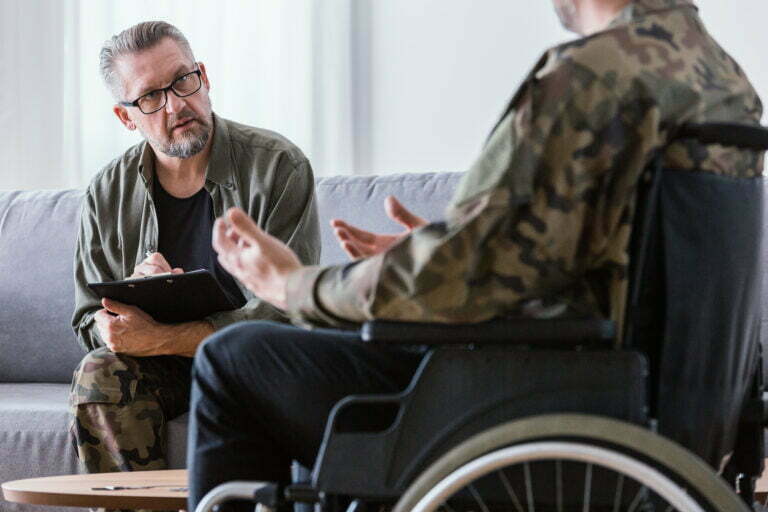Lung cancer can impact your daily life in a variety of ways, depending on its stage and treatment. The good news is that more lung cancer patients are living longer, thanks to earlier detection of the disease and the development of novel treatments. Almost 80% of people with lung cancer report having difficulty dealing with physical symptoms. This can include issues with breathing, fatigue, pain, sleep, diet, and overall quality of life. However, there are some things you can do to alleviate some of these difficulties. Check these lifestyle changes for lung cancer patients.
Get yourself treated.
Receiving the appropriate care at the proper time is crucial. You should receive prompt and appropriate care for your lung cancer and its symptoms, including discomfort and any treatment-related side effects. The results of molecular testing, often known as tumor or biomarker testing, may be used to guide your treatment choices. Discuss with your healthcare physician how a survivorship care plan can assist you in organizing your ongoing treatment to support your physical and mental wellbeing.
You may also ask your healthcare provider about the use of remote patient monitoring (RPM). This modality of telehealth allows you to take health measurements at home and send your data to your healthcare providers remotely.
Stay healthy by taking action.
Modify your diet and have some exercise. Doing this may make you less likely to develop cancer, have it return, or put some more years in your life.
A healthy diet can benefit both your body and mind. Your diet can provide fuel to help your body function optimally, as well as nutrition to aid in tissue healing and recovery. With proper nutritional support, mood and overall energy will improve. Fruits and vegetables, healthy fats and protein, and whole grains are all part of a healthy diet. Cancer can decrease appetite. A licensed dietician can assist in developing an effective meal plan.
If you haven’t been exercising frequently, talk to your doctor about the best exercises for you. The numerous advantages of even light exercise may make it easier for you to handle the psychological and physical strains of cancer.
Know about lung cancer.
Learn enough about lung cancer to decide how you want to be treated. Obtain information from your doctor regarding your lung cancer, including your prognosis and available treatment choices. Your decision-making skills may improve as you gain knowledge about lung cancer.
Seek support.
The diagnosis of cancer can be a traumatic and life-changing experience. It can be extremely stressful to deal with the uncertainty of a serious illness, worry about how you’ll feel during treatment, adjust your lifestyle, and deal with the effects of both the diagnosis and treatment.
Keep your loved ones nearby. Maintaining your close ties will aid your ability to manage your lung cancer. The practical help you’ll need, such as assistance with home maintenance if you’re in the hospital, can be given by friends and family. And when you feel overwhelmed by cancer, they can offer emotional support.
Find a conversation partner. Find someone who can listen well and is open to hearing about your hopes and anxieties. This could be a friend or relative. A counselor, medical social worker, clergyperson, or cancer support group’s compassion and understanding may also be beneficial.
Relying on your loved ones, friends, and other people in your life is crucial. People who allow themselves to seek assistance while undergoing cancer treatment frequently manage their emotions more effectively.
Manage yourself financially.
It could be difficult to manage financially if you have to cut back or stop working due to cancer. You may be eligible for financial assistance if you have cancer or care for someone who does. Finding out what assistance is available to you shortly after your diagnosis is a brilliant idea. Again, you may utilize RPM as it is known to cut down healthcare costs.
The way we live can have a significant impact on our health and well-being. This also applies to cancer patients. If you need more guidance, talk to your healthcare providers.
References
- Living with Lung Cancer | CDC. (2021, October 18). Living with Lung Cancer | CDC; Accessed July 19, 2022, at www.cdc.gov. https://www.cdc.gov/cancer/lung/living/index.htm








